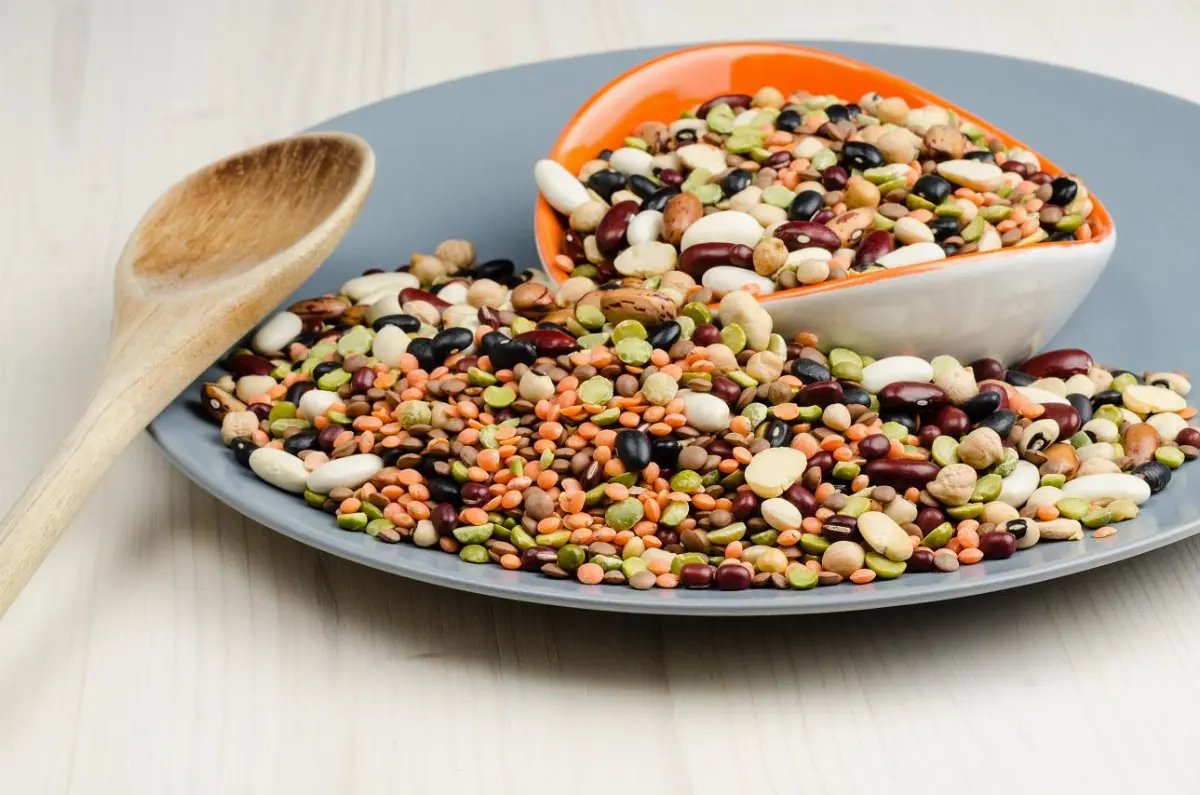
Do you want to access to this and other private contents?
Log in if you are a subscriber or click here to request service
FAO celebrates pulses, "resilient" product
It urges their inclusion in agri-food systems, in order to "achieve the Sustainable Development Goals"

World Pulses Day is celebrated more than ever in the name of resilience and sustainability. The FAO welcomes today's event by underlining how pulses are "improving life" globally "thanks to their low water requirement", which makes them resistant to drought, therefore to "climate-related disasters"."Puleses contribute in several ways to the transformation of our agri-food systems and can help us address...
lml - 29183
EFA News - European Food Agency
◄ Previous page
EFA News - European Food Agency